THEME
Annie avait quitté N. le jour où s’était tenue la messe en mémoire de sa mère. Je savais qu’elle n’avait pas fait que fuir cette messe mais qu’elle était partie, et j’étais bien décidé à aller la chercher.
Je n’avais eu aucun mal à trouver leur adresse à Paris. A la poste, un type de mon âge m’avait renseigné en me souriant bizarrement. Sur le coup, je n’avais pas compris. Il semblait très bien connaître l’endroit, du moins les alentours. Dans la rue perpendiculaire, il y avait une galerie de tableaux, il fallait que je passe devant et, après, c’était la première à droite. Au numéro 65.
J’ai sonné.
C’était Madame M. qui m’avait ouvert. Elle tenait le bébé dans ses bras. L’enfant d’Annie, je n’arrivais pas à le croire. Je ne pouvais pas le quitter des yeux. Elle l’avait serré plus fort contre elle.
Non, Annie n’était pas là, malheureusement elle n’avait plus aucune nouvelle d’elle […].
Je m’étais arrêté devant la galerie de tableaux, celle dont m’avait parlé le guichetier de la poste, les toiles dans la vitrine m’avaient fait penser à celles d’Annie. Mais en levant la tête pour voir le nom de ce magasin, je compris soudain ce qui s’y cachait réellement.
Hélène Grémillon, Le Confident, Gallimard, 2010
VERSION
All the years that I taught in a high school I didn’t teach literature, as you might expect, but mathematics. Then staying home I grew restless and undertook something else – writing tidy and I hope entertaining biographies of Canadian novelists who have been undeservedly forgotten or have never received proper attention. […]
I liked the work, I thought it worthwhile, and after years in classrooms I was glad of the control and the quiet. But there might come a time, say around four in the afternoon, when I just wanted to relax and have some company.
And it was around that time on a dreary closed-in day when a woman came to my door with a load of cosmetics. At any other time I wouldn’t have been glad to see her, but I was then. Her name was Gwen, and she said she hadn’t called on me before because they had told her I wasn’t the type.
« Whatever that is, » she said. « But anyway I had the idea, just let her speak for herself, all she has to do is say no. »
I asked her if she would like a cup of the coffee I had just made and she said sure.
She said she was just getting ready anyway to pack it in. She set her burdens down with a groan.
« You don’t wear makeup. I wouldn’t wear none neither if I wasn’t in the business. »
Maybe it had made her uneasy, to be asked in. She kept taking jumpy little looks around.
Alice Munro, Dolly, in Dear Life: Stories, Alfred A. Knopf, New York, 2012





























